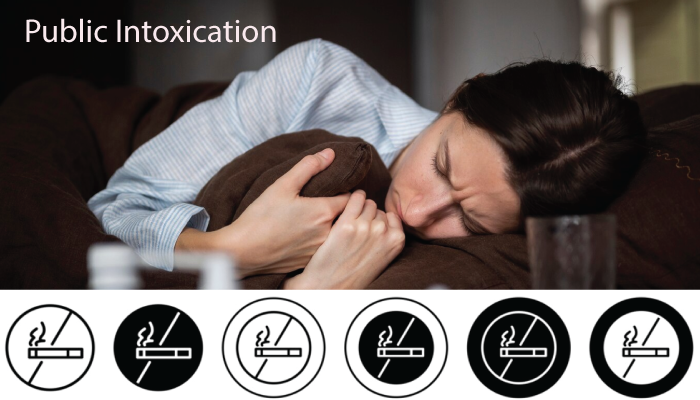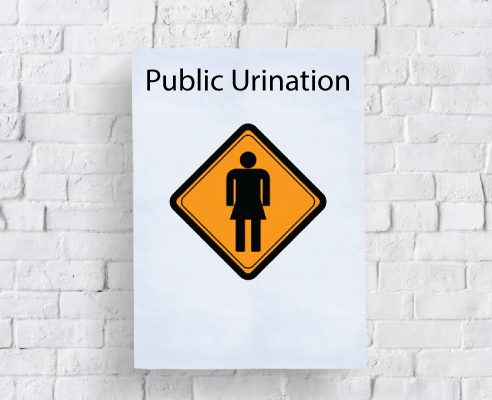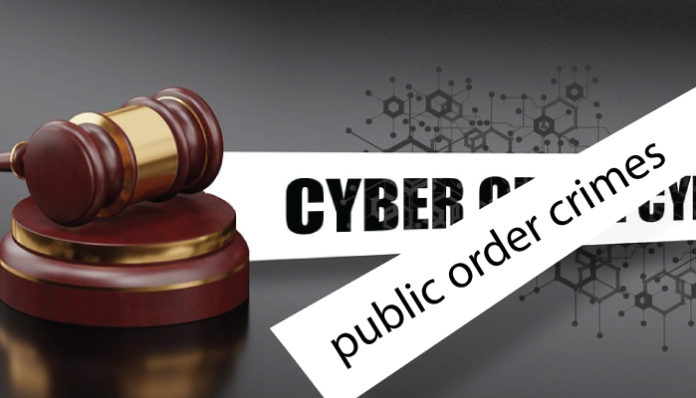Public order crime are actions that is considered as violation of the moral standard of a society or interfering with the normal flow of society. Usually these offences disturbs peace and order in a community. Though these offences are nonviolent but if the authorities don’t handle it properly, these acts can be harmful to society.
Common public order Crime examples are :-
- Public Intoxication
- Liquor Law Violations
- Disorderly Conduct
- Resisting arrest
- Prostitution
- Public Urination
- Drug offences
These types of crimes have potential risk to public safety and the function of a community. Laws for offences against public orders vary across jurisdictions& regions.
Public order crime Overview
To understand public order crimes clearly we need to know these offences in details.
Public Intoxication : Crimes that related with alcohol or public intoxication both falls under public order crimes. Being drunk or under the influence of drugs in a public disturbs peace in a society. To be exact alcohol is the most widely used drugs in USA. Alcohol alters mood and consciousness , leading to violent crimes .

Alcohol is involved in 15% of robberies, 63% of intimate partner violence incidents, 37% of sexual assaults, 45-46% of physical assaults, and 40-45% of homicides in the United States. It is found that 54% of violent crimes were committed by offenders after consuming alcohol.
Punishment for public intoxication may vary in different jurisdiction or any specific circumstances. In general the offender may have to pay fine ,perform in community services & some cases jail time may be imposed as a punishment.
Examples :-
Liquor Law Violations: Liquor law violation surrounds a wide range of crimes related with sale, purchase, consumption of alcohol related products. These crimes may include,
Underage drinking : Consumption of alcohol under the legal drinking age are considered as an offence. The law for legal drinking age may vary in different regions. For examples, In the USA, the legal drinking age is 21 years old but in UK its 18 years old.
Illegal’s sales : Selling alcohol without proper authorization from relevant authority, counterfeit alcohol or selling without paying any taxes is considered as an offence. Punishment for illegally selling alcohol may vary in different jurisdiction.
Some common penalties for the illegal sale of alcohol are fines, license suspension, civil penalties, or in some cases asset forfeiture, and repeat offenders may be charged with a misdemeanor or felony.
Selling alcohol to minors : Selling alcohol to minors is considered as an offence. Most of the time it depends on the circumstances and different jurisdiction. The offender may have to pay fines, license suspension or in some case may be charged with a criminal offence.
Serving intoxicated individuals : Serving alcohol to individuals who are already drunk is an offence. Though it also depends on circumstances and jurisdiction. The offender may have to pay fines, license suspension or may be face additional consequences such as loss of reputation or closure of the establishment.
Operating without a license : Selling or serving alcohol without the licenses or permit is considered as an offence. Generally these crimes often involve with selling counterfeit alcohol or selling without paying any taxes. The offender might face legal consequences like paying fines, License suspension or the authority may cease all alcohol sales until a valid license is obtained. In some cases criminal charges may filed against the establishment.
Disorderly Conduct : Disorderly conduct refers to activities that disrupts the peace and order in a society. These types of offences are often considers as nonviolent crimes, but if the authority don’t handle these offences properly it can be harmful for the society.
For examples, public intoxication, fighting, making excessive noise in a manner that disturbs others, commotion in a public placate are considers as disorderly conduct. Punishment for these crimes may include fines, community service, probation, or even imprisonment in more severe cases.
Resisting arrest : Resisting arrest refers to actively or passively resisting or obstructing a law enforcement officer’s attempt to lawfully arrest a person. For example fleeing from the officer, struggling against being handcuffed, or refusing to cooperate with the officer.
However it is considered a criminal offense and the offender may have to face legal consequences like paying fine , probation or in some cases resisting arrest can result in imprisonment.
Prostitution : Prostitution is the act of engaging in sexual activity in exchange for money. It typically involves one person, known as a prostitute or sex worker, providing sexual services to another person. In many places, prostitution itself is considered a crime. Though the punishment for prostitution vary in different jurisdiction and regions. Some common punishments for prostitution are paying fines, Probation, attending rehabilitation programs or in some cases imprisonment.
In addition to penalties the clients who patronize prostitutes may also face the same legal consequence.
Public Urination : Public urination refers to the act of urinating in a public place, such as a street, park, or an alley, rather than a toilet facility. Though its not a major crime, but it surely violates the moral standard of a society. The offender might face penalties, serving in a community service or in some case repeated offender may face criminal charges.

It’s important to note that the punishment for public urination can vary widely depending on factors such as the different jurisdiction or the circumstances. To prevent these types of crimes authorities need to point out the root causes of public urination, such as homelessness or limited restroom facilities.
Drug Offence : A drug offenses is a criminal act that is related with illegal drugs. That includes possession, trafficking, manufacturing, distributing or illegal use of it. Punishment for drug offenses depends on the jurisdiction and the specific nature of the offense. Addressing to public health and safety concerns, such laws aim to regulate and control the possession and distribution of drugs.
READ MORE………
With regards to public order crimes, it doesn’t matter if there are any victims or not . However, as long as it is clear that one of these behaviors is going on, authorities don’t need to distinguish somebody who will be harmed by these activities.


[…] what is a public order crimes ? […]